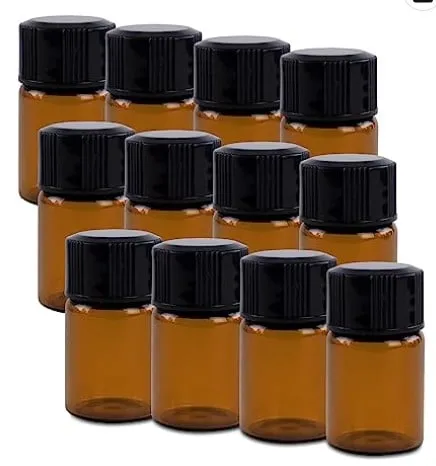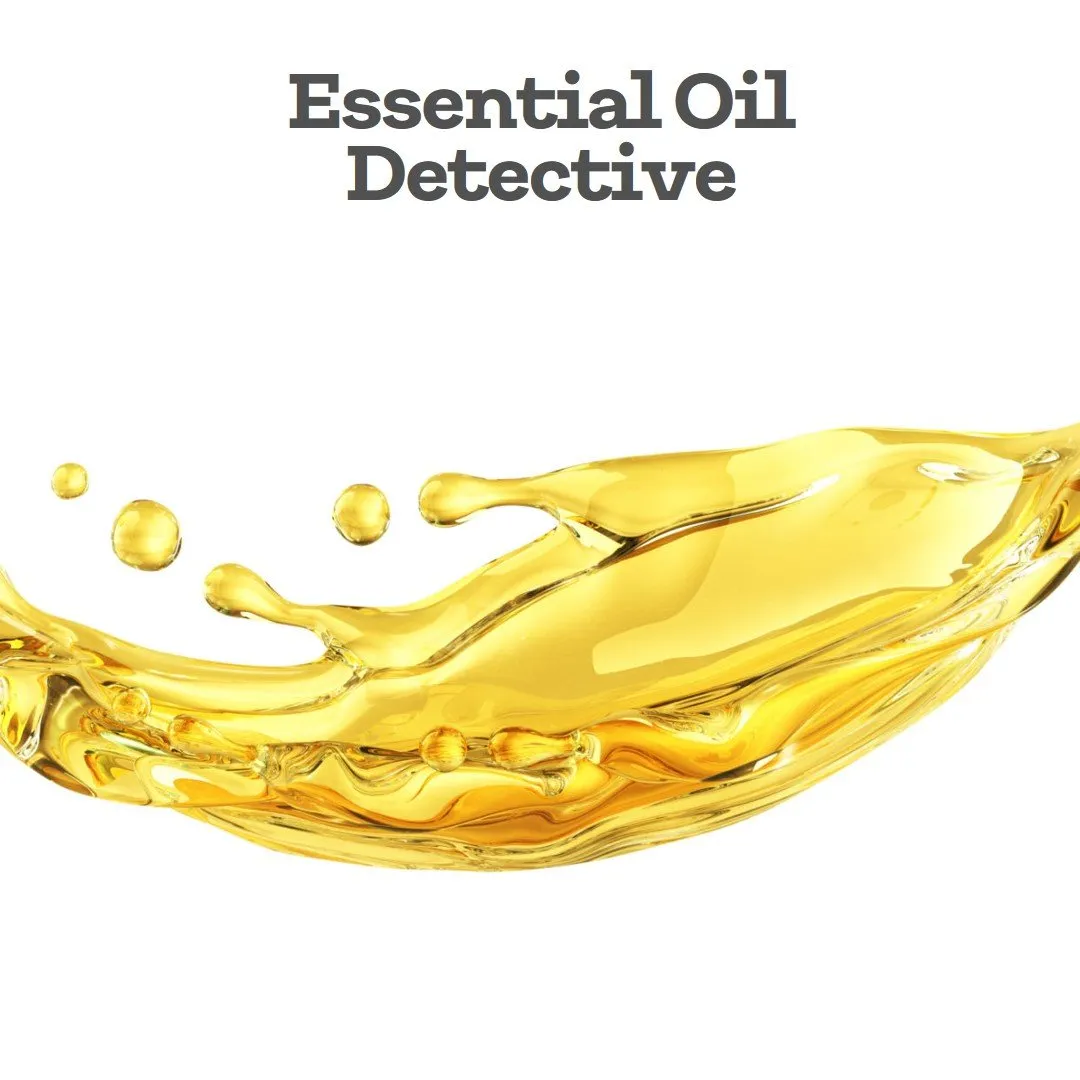24 Tips to Make Informed Choices (An Essential Oil Shopping Guide)
When it comes to purchasing essential oils, making the right choice is crucial for your well-being and satisfaction.
To help you navigate the world of essential oils effectively, I’ve compiled a list of 24 essential tips.
Whether you're a seasoned enthusiast or a beginner, these guidelines will ensure you get the best quality oils that suit your needs and budget.
NOTE: All the products linked on this blog have been tested/used by me.
1. Beware of Misleading Terminology: When shopping for essential oils, watch out for terms like "fragrance oil," "nature identical oil," or "perfume oil." These terms often indicate that the product is not a pure, single essential oil. This mislabeling is a red flag that the vendor may not be well-versed in aromatherapy.
2. Exercise Caution with Big-Box and Drug Stores: While large retailers may seem trustworthy, some essential oil brands they carry have been found to be adulterated. Research any brand you're considering before making a purchase.
3. Question "Therapeutic Grade" and "Aromatherapy Grade" Claims: No governmental body grades or certifies essential oils as "therapeutic grade" or "aromatherapy grade." Be skeptical of suppliers using these terms and evaluate them based on other factors.
4. Don't Rely Solely on "Pure" Labeling: The term "pure essential oil" is overused and doesn't guarantee quality. Other factors like storage conditions and handling matter.
5. Glass vs. Plastic Containers: Quality oils in sizes up to 4 oz. are typically sold in dark-colored glass containers. Be cautious of oils in plastic or clear glass, as essential oils can deteriorate in these materials.

6. Consider Bottle Material when Purchasing Online: Larger essential oil sizes may be shipped in non-glass containers. Ensure the oil is transferred to dark glass bottles immediately to maintain quality.
7. Aluminum Bottles with Lining: Some vendors offer oils in aluminum bottles, which are acceptable if they have a lining.
8. Avoid Rubber Eyedropper Bulbs: Bottles with rubber dropper bulbs can lead to contamination over time. Look for orifice reducers or use a pipette for dispensing.
9. Seek Detailed Information from Vendors: Trust vendors that provide comprehensive information about their oils, including botanical names, country of origin, and extraction method.
10. Ask Questions When Comparing Online Vendors: Reach out to online vendors with your questions to gauge their knowledge and helpfulness.
11. Be Cautious of Uniform Pricing: Vendors selling all essential oils at the same price may be cause for concern. Price should reflect the rarity and quality of the oil.
12. Inspect Local Purchases: When buying locally, check for dusty bottles or boxes, which may indicate old stock. Sealed bottles are preferable.
13. Consider the Source: Health food stores may not be the best place to buy essential oils due to slower turnover and potential storage issues.
14. Botanical Names and Country of Origin Matter: Don't buy from vendors that don't provide this information, as it affects therapeutic properties.
15. Be Cautious with MLM and Distributors: Be skeptical of extravagant claims and do your own research before buying from multi-level marketing schemes.
16. Shop Online for Variety: Online shopping allows you to access reputable vendors with a wide range of options and proper packaging.
17. Exercise Caution with Amazon: Amazon may not verify essential oil quality, so be diligent when purchasing from this platform.
18. Familiarize Yourself with FDA Guidelines: Understand FDA regulations for essential oils and aromatherapy products to make informed choices.
19. Opt for Organic Oils: Organic oils are generally of higher quality compared to non-organic ones.
20. Be Wary of Food & Beverage Suppliers: Vendors catering to the food and beverage or perfumery industries may not prioritize therapeutic qualities. Inquire about their methods.
21. Consider Quality over Price: While price isn't the sole indicator of quality, knowledgeable vendors that invest in quality control and testing deserve your support.
22. Order Samples First: Start with a small order and request samples to evaluate the vendor's quality and service before committing to larger purchases.
23. Understand Sample Costs: Some vendors may charge a small fee for samples due to high demand, which is a reasonable policy.
24. Be Cautious with Traveling Vendors: Street fairs and festivals can be a mixed bag. Always inquire about their experience and business location before buying.
Essential oil shopping is an art, and these 24 tips will serve as your guide to making informed decisions.
Prioritize quality, transparency, and your specific needs when choosing your essential oils. By following these guidelines, you'll be well on your way to enjoying the benefits of high-quality essential oils while avoiding potential pitfalls in the market.
